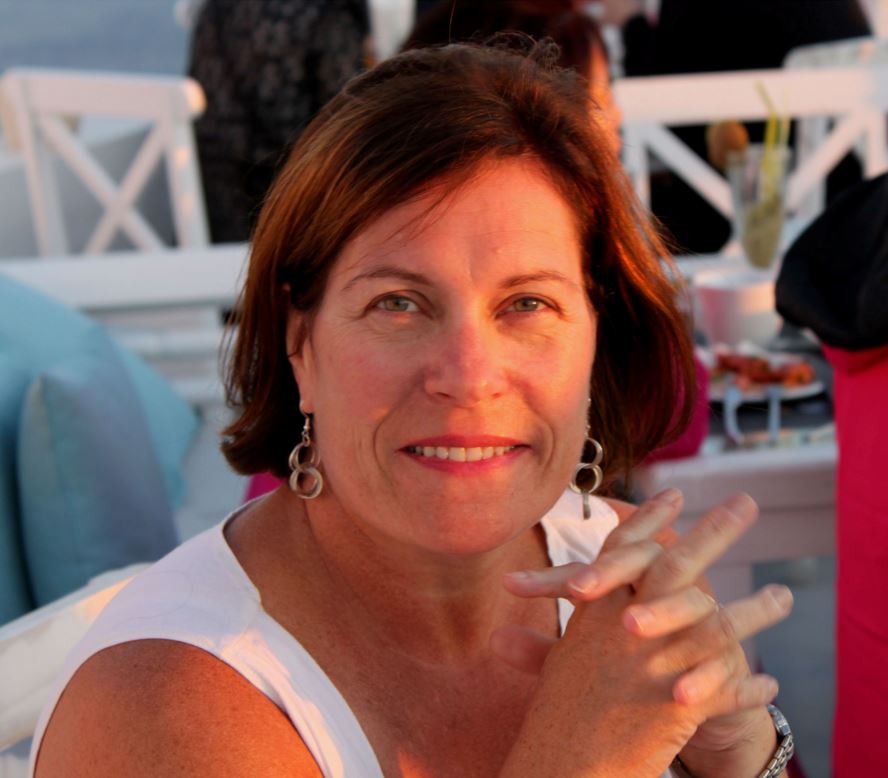
Getting to Know Dr. Terra Arnason - Endocrinology Saskatoon
Background
I’m a Vancouverite, born and bred, and can’t stop complaining about Saskatchewan winters, but have found so many things to love about the Prairies. I did my PhD in Biochemistry at the University of Alberta (1995), and post-doctorate work in Munich. According to my mum, I wasn’t ready to ‘get a real job’, because I started medicine at the UofA (Grad 2001), and also completed my Endocrine subspecialty there. Meanwhile, my husband took his Faculty position at the UofS, and I joined him here as new faculty in 2007.
I am now an Associate Professor in the Division of Endocrinology, and am both a clinician (Endocrinology) and a molecular scientist through my adjunct membership in the Department of Anat/Phys/Pharm (APP), and run my wet bench lab from the Drug Discovery and Development research cluster. This part of my work involves the supervision of grad students, honours and summer students and their projects (a.k.a. herding cats).
Area of Research
Like my job, it’s two-sided. Our molecular work has identified novel targets and therapies to reverse chemotherapy-resistant malignancy. We are seeing successes from the impact of our unique therapeutics on the novel targets we’ve discovered using breast cancer and lymphoma as models.
My clinical research looks at the impact of hyperthyroidism or hyperparathyroidism on bone quality in patients and rabbits using high resolution imaging (microCT and the Synchotron).
“Big” Research Moment
First was when the veterinary oncologist at the WCVM called to ask to try our (early) therapies on their chemoresistant lymphoma dogs. This access to an amazing, clinically-relevant model revealed a novel enzyme target, that was defective only in chemoresistant dogs. The second was the full restoration of treatment response and arrest of tumour growth in mice when we tested our peptide-therapy (that reactivates this new enzyme) in breast cancer cells; our findings crossed species, and cancer types.
Messages for early-career clinicians
Take your opportunities early to be part of something bigger, and learn all you can from those running the show. From those exposures, be pragmatic about what you can see being exciting enough to be worth your time to study, as time is hard to find. Discuss your developing research questions with more than one person, as different viewpoints are incredibly valuable.
Future Aspirations for Research
We want to eventually use our peptide treatment in chemoresistant dogs to test clinical outcomes, as well as to test its usefulness in other cancer types. I am also excited to be moving into more expansive clinical research, as the Principal Investigator for a global Phase I/II first in human therapeutics trial, involving one of nine patients, and as the only Canadian site.
